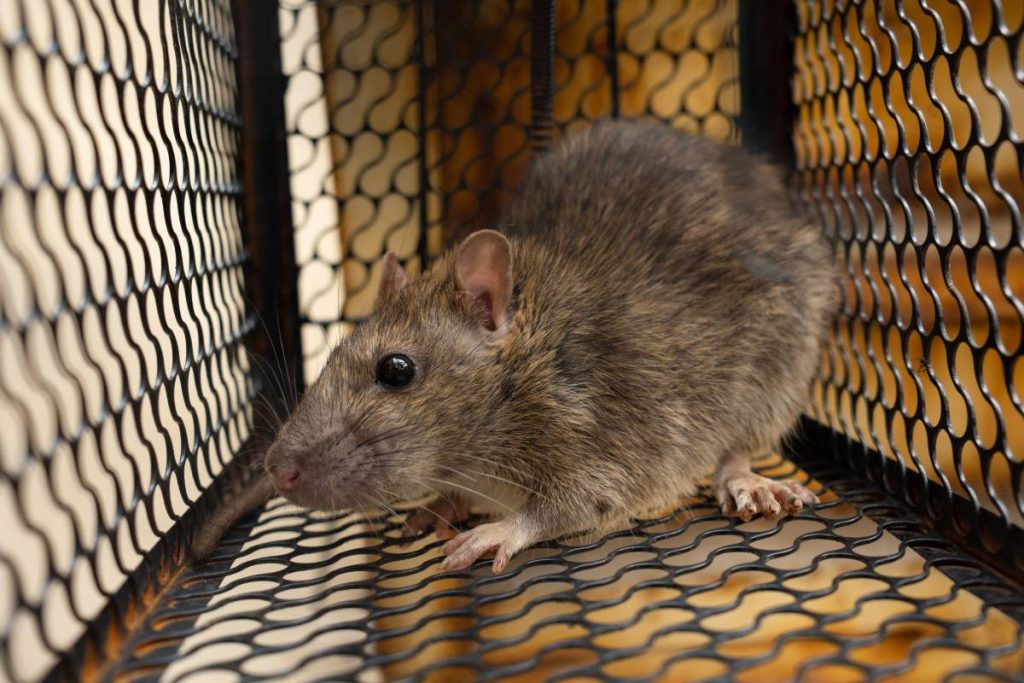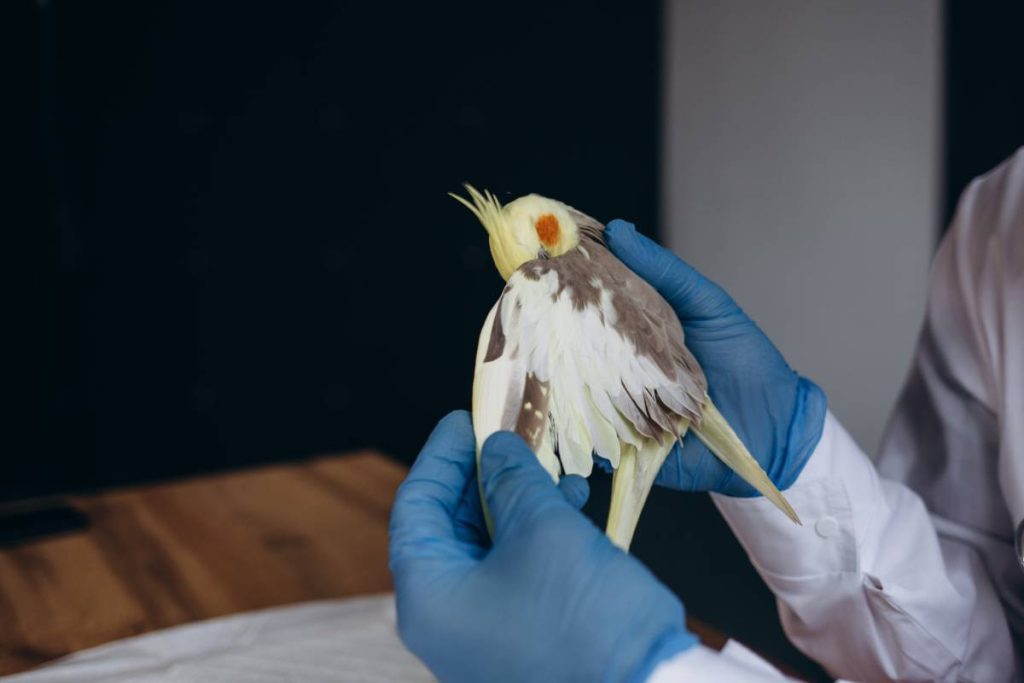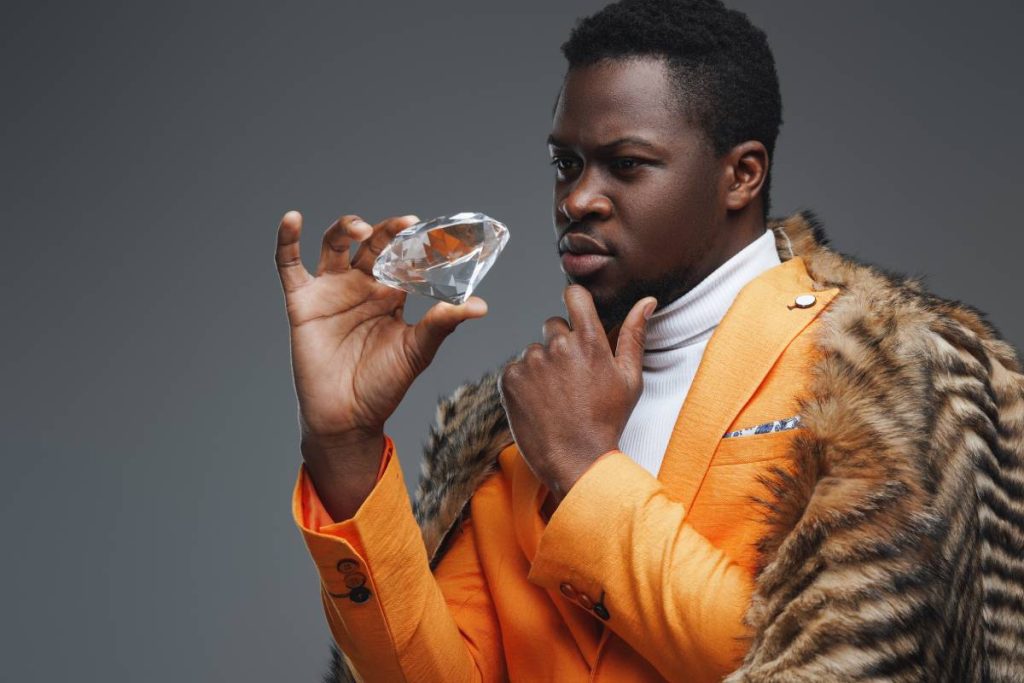Social Curiosity: Why It Matters for Communication & Connection

Curiosity is a fundamental part of what makes us human. It drives us to explore the world, seek new knowledge, and understand the people around us.
Among the many forms curiosity takes, social curiosity stands out as our natural interest in learning about others their thoughts, feelings, and behaviors.
In psychology, curiosity is seen as a powerful motivator that pushes us to grow and adapt. But how does curiosity relate to intelligence?
Does being curious mean you have a higher IQ? This article will explore what social curiosity is, how curiosity is understood in psychology, and whether curiosity is linked to intelligence.
What Is Social Curiosity?
Social curiosity is the natural interest people have in learning about other people’s lives. It is the desire to understand others better by paying attention to what they say, how they behave, and what they feel.
Humans are social animals. From ancient times, living in groups was necessary for survival. Social curiosity helped our ancestors understand who could be trusted, who was happy or angry, and how to work together. Today, social curiosity still helps us in many ways:
- It helps us build friendships and relationships.
- It allows us to communicate better and avoid misunderstandings.
- It makes us more aware of social rules and norms.
- It helps us feel connected and less lonely.
For example, when you ask a friend how they are feeling or listen to their story, you are using your social curiosity. This kind of curiosity keeps people close and helps build strong social bonds.
What Is Curiosity in Psychology?
In psychology, curiosity is a powerful emotion and motivation. It pushes us to seek new information, explore new places, and learn new skills.
Psychologists see curiosity as the brain’s way of solving the problem of “not knowing.” When something is unknown or confusing, curiosity drives us to find answers.
There are different types of curiosity studied in psychology:
- Perceptual curiosity: This is the curiosity that arises when something new or surprising catches our attention. For example, hearing a strange sound or seeing an unusual object can make us curious to learn more.
- Epistemic curiosity: This is the desire to gain knowledge and understand ideas. It drives people to read books, ask questions, and study.
- Diversive curiosity: This is the curiosity that helps us avoid boredom. It pushes us to seek new experiences or entertainment.
- Specific curiosity: This is the focused curiosity about a particular question or problem we want to solve.
Social curiosity fits mostly under epistemic curiosity but is focused on people and social situations. It is curiosity that makes us want to understand how others think and feel.
Curiosity in psychology is important because it supports learning and development. It helps us adapt to new situations and solve problems. Without curiosity, learning would be slow or impossible.
Does Curiosity Mean High IQ?
Many people wonder if being curious means having a high IQ. IQ, or Intelligence Quotient, measures how well someone can solve problems, understand complex ideas, and think logically. While curiosity and IQ are related, they are not the same.
Here’s what we know:
- Curiosity motivates people to learn more. This motivation can improve skills measured by IQ tests, such as vocabulary or problem-solving.
- A high IQ means you have the ability to think logically and solve difficult problems. However, it does not always mean you are curious or want to learn new things.
- Someone can have a high IQ but low curiosity, meaning they don’t ask questions or explore much.
- Conversely, a person with average IQ but high curiosity can learn a lot and develop many skills over time.
Also, social curiosity is linked to emotional intelligence (EQ). Emotional intelligence means understanding emotions both your own and others’. People with high social curiosity often have higher EQ because they pay attention to feelings and social cues.
In short, curiosity is about the desire and motivation to learn, while IQ measures cognitive ability. Both are valuable but different qualities.
Why Is Social Curiosity Important?
Social curiosity plays a key role in how we connect and interact with others. It helps us in many ways, such as:
- Building strong relationships: By being curious about others, you show you care. This makes people feel valued and understood.
- Improving communication: When you pay attention and ask questions, you avoid misunderstandings and build trust.
- Solving social problems: Understanding others’ feelings and thoughts helps us find better solutions when conflicts happen.
- Learning from others: Everyone has unique experiences and knowledge. Social curiosity encourages us to listen and grow.
- Reducing loneliness: Feeling connected with others can improve mental health and happiness.
For example, when you show social curiosity by asking a coworker about their weekend or listening carefully to a friend’s story, you strengthen your relationship and make others feel supported.
How Can You Grow Your Curiosity and Social Curiosity?
Curiosity is a skill you can develop. Here are some ways to increase both your general curiosity and social curiosity:
- Ask questions: When you meet new people or learn something new, ask “why,” “how,” and “what” questions. This helps you explore deeper.
- Listen actively: Focus on what others say without interrupting. Show interest in their stories and feelings.
- Try new things: Step out of your comfort zone by exploring new hobbies, books, or places. This feeds your natural curiosity.
- Observe people: Watch how people act, listen to their tone, and notice body language. This builds social curiosity and emotional understanding.
- Be open-minded: Try to see situations from other people’s perspectives. This strengthens empathy and social curiosity.
- Reflect: After social interactions, think about what you learned about others and yourself.
The Evolutionary Side of Social Curiosity
Scientists believe that social curiosity evolved because it helped humans survive. Our ancestors depended on social groups to find food, protect themselves, and raise children.
Being curious about others helped them understand who was trustworthy and who was a threat. Today, social curiosity still serves the same purpose: it helps us navigate complex social networks, build communities, and cooperate with others.
Conclusion
Curiosity is a natural and important part of being human. Social curiosity is the special kind that helps us understand other people and connect with them. Psychology shows us that curiosity is a motivation to learn and explore new things.
While curiosity can help improve learning and skills related to IQ, it is different from intelligence itself. Curiosity is about the desire to know more, not just the ability to understand. By developing your curiosity and social curiosity, you can build stronger relationships, improve communication, and enjoy a richer life full of learning and connection.

 English
English 













































































